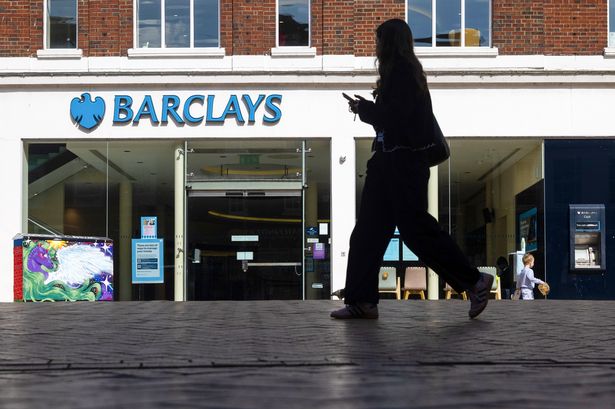Romance scams have surged significantly during May and June, as reported by Barclays. Men lost an average of £3,500, while women faced losses averaging £8,900. Barclays highlighted a 139% increase in romance scam reports during this period compared to the previous two months. Interestingly, although men report more cases, women tend to lose more money.
Kirsty Adams, a fraud and scams expert at Barclays, noted that it might be surprising to learn men are more frequently victims of romance scams. Stereotypes often wrongly portray women as more susceptible. Adams explained that men are generally more willing to transfer money to people they’ve recently started dating, even if they haven’t met in person.
How Romance Scams Work
Romance fraudsters typically create fake profiles on social media and dating apps like Instagram, Facebook, and Tinder. They lure victims into believing they are in a genuine relationship through false romantic gestures. Once trust is established, they start asking for money, often citing medical or family emergencies. These scams can last from a few weeks to several months, making it crucial to recognise the signs early.
To protect yourself from becoming a victim of a romance scam, it’s essential to know how to differentiate between a genuine connection and a fraud. Here are some tips to enhance your fraud prevention and fraud awareness:
Be Cautious of Strangers on Social Media
Avoid accepting friend requests from unknown individuals. If you do, thoroughly check their profiles before engaging in conversation.
Conduct a Reverse Image Check
Fraudsters often create fake identities using attractive or stolen photos. A reverse image search on Google can help verify whether the person is genuine or using someone else’s photos.
Ask Questions
If someone seems too good to be true, they probably are. Fraudsters often ask personal questions without providing much information about themselves. Cross-check the information they provide, such as their school or mutual friends, online.
Never Send Money
If someone you’ve only met online asks for money, they are likely a fraudster. Do not share personal information like bank details or passwords.
Notice the Tiny Details
Be wary if the person avoids video calls or in-person meetings. This behaviour can indicate that they are catfishing or using someone else’s photos.
Report Suspicious Activity
If you suspect you are being targeted by a romance fraudster, report the account or incident online immediately. It’s better to be safe than sorry.
What to Do if You’ve Been Scammed
Liz Ziegler, the fraud prevention director at Lloyds Bank, highlighted the prevalence of fake profiles on social media and dating apps. Ziegler pointed out that no good relationship starts by sending money to someone you haven’t met, which should be a significant red flag. If someone you’re talking to starts asking for money, it’s time to step back and reconsider the situation.
If you’ve sent money to someone you suspect of being a fraudster, contact your bank, building society, or credit card provider immediately. They might be able to stop the payment or refund you the money. Additionally, the scam should be reported to Action Fraud, the national fraud and cybercrime reporting centre run by the police. This step is crucial for both your recovery and preventing others from falling victim to similar scams.
Enhancing Fraud Awareness
Awareness is your best defence against romance scams. Understanding how these fraudsters operate and being vigilant can save you from emotional and financial distress. Remember, romance scams are a crime that can ruin not only your finances but also your emotional state. Stay informed, stay cautious, and prioritise your safety online.
By following these tips and enhancing your fraud awareness, you can protect yourself from falling victim to romance scams. Always remember, prevention is better than cure. Stay safe, and don’t let fraudsters take advantage of your emotions or finances.



